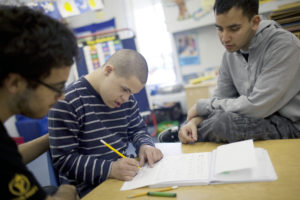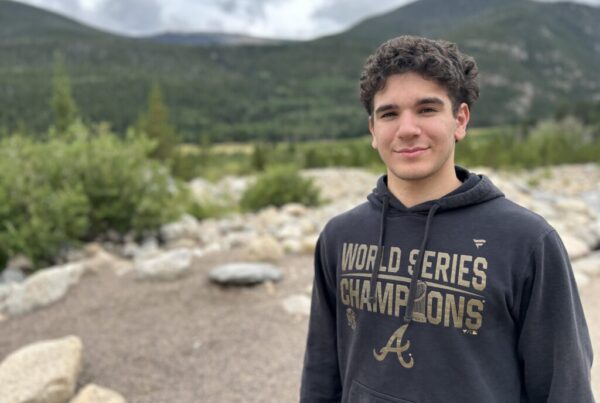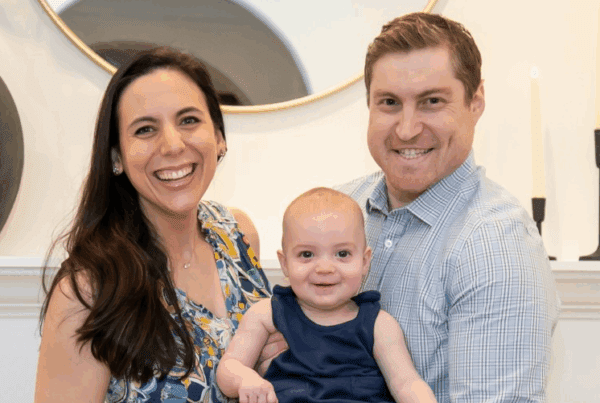
In the Talmud, Eruvin 54b, states, “Rabbi Perida had a certain student whom he would have to teach four hundred times, and only then would he learn the material, as he was incapable of understanding it otherwise.” One day this student was particularly distracted, and Rabbi Perida said, “Pay attention this time and I will teach you and know that I will not leave until you have fully mastered the lesson.” He taught him again an additional four hundred times.
Even in the times of the Talmud, meeting the needs of individuals with diverse abilities was not a new idea. But what Rabbi Perida did for his students was new. Rabbi Perida prioritized relationship-building. He was trying to learn his students’ learning styles to better understand what impacted their learning. Although this piece of Talmud does not explain what this student’s learning style was, it demonstrates that Rabbi Perida took the time and energy to create a norm of patience with this student’s learning.
Much like Rabbi Perida, Jewish educators have the daunting role of determining what may be impacting each student’s learning — whether physical, social-emotional, or other. Now, with the unprecedented impacts of a pandemic and virtual engagement, it is more important than ever for educators to understand the intricacies of each student’s learning.
According to a 2015 national survey about inclusion challenges and solutions conducted by Erin Barton and Barbara Smith, an educator’s attitude is often one the greatest roadblocks to creating an inclusive culture and space. One of the most impactful strategies of overcoming attitudinal barriers is through continuing education and training.
The Jewish Abilities Alliance (JAA) provides exactly this: training in disability sensitivity and awareness, educational support and resources, and assistance in developing strategies to support students of all abilities. These trainings are available to all Atlanta Jewish organizations at no cost and are appropriate for all ages. This year JAA is continuing to grow our community trainings by adapting curriculum to reflect our new virtual learning reality. We are able to offer Bright from the Start certified trainings, which allow preschool teachers to receive state-required continuing education credits. And we have provided trainings to larger, more diverse audiences in Jewish Atlanta than ever before.
I am so proud to be part of a community that, even during a pandemic, understands the importance of inclusive teaching and seeks to create a more inclusive Jewish Atlanta.
If your synagogue, school, or Jewish organization would like to learn more about our sensitivity and awareness trainings, educational resources, or support in inclusive best practices, please contact Lisa Houben, Community Training and Inclusion Coordinator.





